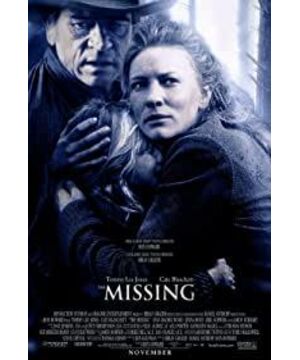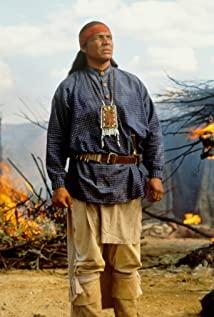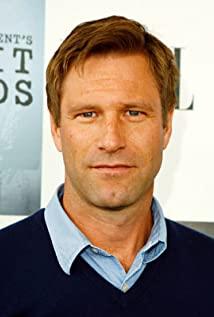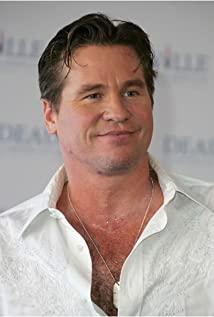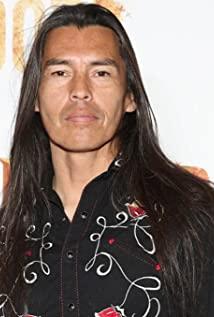The role of the father was unwelcome at the beginning. The dressing of the Indians, the customs of the Indians, abandoning his daughter and wife in his early years, and suddenly returning, disturbed the peaceful life of the daughter.
As a daughter, it is normal to be unable to forgive a father who has abandoned his family. It is normal to devote himself to Indians, marry Indian wives, and have Indian beliefs. This is not only a disgraceful person, but also a different kind.
Then the daughter’s husband was killed, and the eldest daughter was taken away. The daughter and her little daughter desperately tracked down these bandits. She soon found herself alone and helpless. Even her army refused to help herself. Faced with a brutal enemy, she was powerless. .
Father's help was reluctantly accepted in the unwelcome.
Later, a pair of Indian father and son joined the team. They were friends of the father.
The same kind sits idly by without saving, but the alien has become a savior.
The last is blood and salvation.
At the end of the story, the initial discrimination and hostility disappeared, and the mutual incomprehension still existed, but they became peaceful coexistence. Everyone understands the world with their own ideas, and does not affect mutual respect and cooperation. For the common goal-to rescue their family-to die selflessly.
This father is a contradiction. Perhaps only Indian standards can judge him. Secular standards cannot explain his choice, and he did not explain a word of his daughter's hatred. The role of the father is very mature and vicissitudes of life, but also very egoic, quite tuned.
It is Cate Blanchett who plays the daughter, whose pale face makes the role panic, weak, fragile but strong. On the movie poster, Blanchett's expression laid the tone of the film.
All these together make a successful western film.
It is worth savoring the large amount of details inside: the
father's return is not because he wanted to come back, but because he had a dream. With Indian understanding, he regarded this dream as a call of fate, so he came back to look for his daughter.
There are a lot of plots that contrast the understanding of the mainstream society and the Indians: for
example, the father was not poisoned to death. In the eyes of the Indians, it was the eagle who brought him back; in the eyes of the daughter, it was just that the father lived in Indians for a long time. Humans are resistant to poisons; for
example, a daughter who has been sick all night, in the eyes of her daughter, is just tired of herself, and in the eyes of Indians, someone is cursing.
The magic is that you can understand it anyway, because the film has no conclusion or answer. It seems that the director wants to express this idea: I think I already understand the world, but in fact, some people understand it that way. Can you say that you must be right, and they must be wrong.
View more about The Missing reviews


